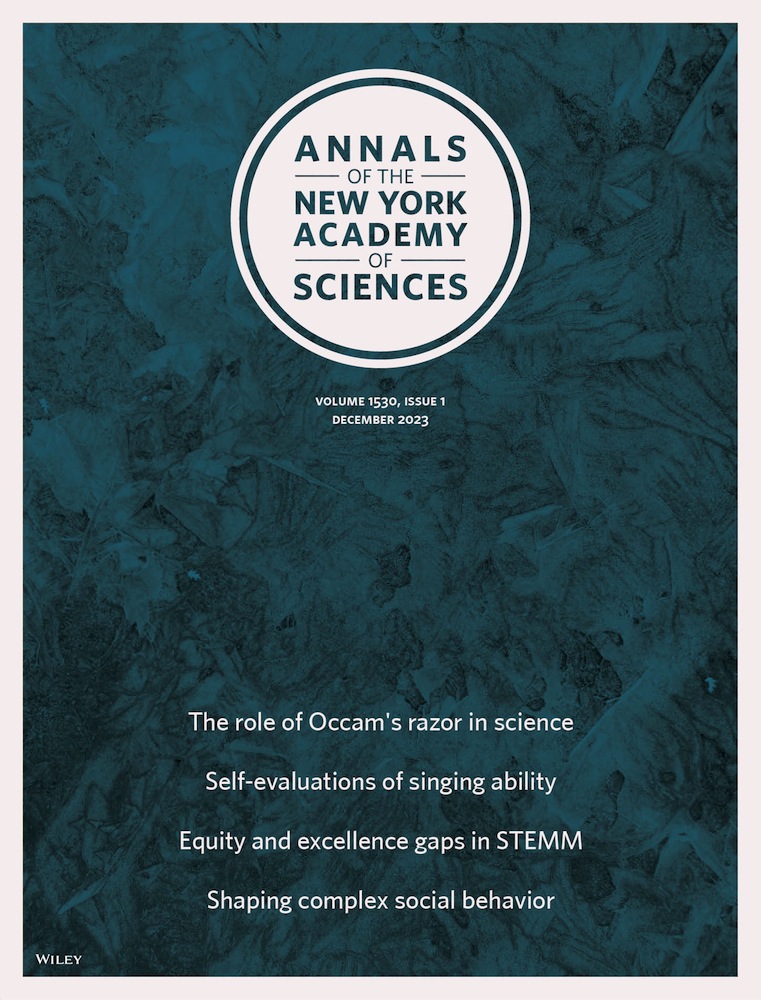Moral Opposition to Genetically Engineered Food in the United States, France, and Germany.
IF 4.8
3区 综合性期刊
Q1 MULTIDISCIPLINARY SCIENCES
引用次数: 0
Abstract
When people are morally opposed to a practice, they often profess to be consequence-insensitive-that is, they say that they think it ought to be prohibited regardless of the risks and benefits. We investigate consequence-insensitive opposition to genetically engineered (GE) food in France, Germany, and the United States. Using nationally representative samples (total N = 1599), we find that most GE food opponents in all three countries are consequence-insensitive (France: 93.1%; Germany: 87.4%; United States: 81.3%). Consequence-insensitive opponents differ from other opponents in other ways consistent with their holding moral beliefs. They are more likely to display other properties of sacred moral values, like quantity insensitivity and universalism. They also see GE food as more personally important, are less willing to consume it, are more in favor of policies restricting it, and are more willing to engage in activism against it.美国、法国和德国对转基因食品的道德反对。
当人们在道德上反对某种行为时,他们通常会声称自己对后果不敏感——也就是说,他们会说,他们认为无论风险和利益如何,都应该禁止这种行为。我们调查了法国、德国和美国对基因工程(GE)食品后果不敏感的反对。使用具有全国代表性的样本(总N = 1599),我们发现这三个国家的大多数转基因食品反对者对后果不敏感(法国:93.1%;德国:87.4%;美国:81.3%)。结果不敏感的反对者与其他反对者的不同之处在于他们持有的道德信仰。他们更有可能表现出神圣道德价值观的其他属性,比如数量不敏感和普遍主义。他们还认为转基因食品对个人更重要,不太愿意消费它,更赞成限制它的政策,更愿意参与反对它的行动。
本文章由计算机程序翻译,如有差异,请以英文原文为准。
求助全文
约1分钟内获得全文
求助全文
来源期刊

Annals of the New York Academy of Sciences
综合性期刊-综合性期刊
CiteScore
11.00
自引率
1.90%
发文量
193
审稿时长
2-4 weeks
期刊介绍:
Published on behalf of the New York Academy of Sciences, Annals of the New York Academy of Sciences provides multidisciplinary perspectives on research of current scientific interest with far-reaching implications for the wider scientific community and society at large. Each special issue assembles the best thinking of key contributors to a field of investigation at a time when emerging developments offer the promise of new insight. Individually themed, Annals special issues stimulate new ways to think about science by providing a neutral forum for discourse—within and across many institutions and fields.
 求助内容:
求助内容: 应助结果提醒方式:
应助结果提醒方式:


